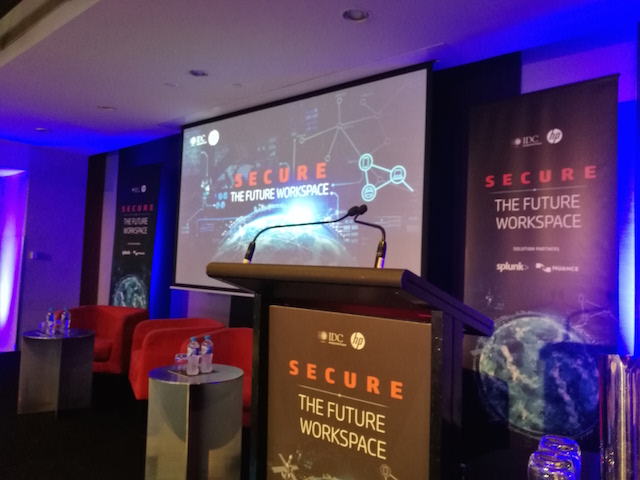Last week finished with a big bang as the Wannacry ransomware attack spread around the world with a curious twist which led one New York Times columnist to suggest software companies need to take more responsibility on security.
In the meantime the world goes on companies still struggling with the definition of innovation and Facebook crushing anyone who dares to try out-innovating them.
On a lighter note, Cary Grant spend much of his Hollywood years on LSD but it all turned out well and VentureBeat asks do humans have a role in a world run by Artificial Intelligence?
The future of humans
Is there a future for humans in a world run by artificial intelligence controlled robots? Venture Beat staged a panel in New Orleans that looks at where we fit into the automated world.
Ultimately the panel concluded, it’s up to us to make some serious choices. Something we shouldn’t leave to engineers.
The ethics of driverless cars
Autonomous vehicles should give priority to occupant over passers by in the case of an emergency suggests a Mercedes Benz engineer.
Christoph von Hugo, Mercedes’s manager of driver assistance systems, probably hasn’t helped the development of autonomous vehicles with his comments but the ethics of driverless vehicles is a discussion we should be having.
Defining innovation
Innovation is very simple, it’s about trying new ideas says Pete Williams, Deloitte Australia’s chief edge officer.
“You need ideas, they need to be new, new for you. If everyone in the world is doing something and you haven’t done it and you do it for the first time, you’re innovating. You’ve got to try stuff. Not just have new ideas, you’ve got to try stuff. Innovation is something you do,” he said.
Rethinking public transport
British transport app Citymapper is to launch its own ‘popup’ bus service in London with the promise of a modern and user friendly operation. An interesting twist for a software service.
“There will be a large screen that shows riders where they are in real time, and what’s coming up on the route — similar to how its smartphone app works. And they also have USB charging ports.”
Snapchat feels the market chill
One the darling unicorns of the tech industry, Snap, reported its first results as a listed company and the results were not good as Facebook’s shameless copying of the service’s features takes its toll.
Sadly Facebook seems to be following the Amazon playbook of crushing upcoming competitors that refuse to be bought out. This is a part of a broader problem with modern American capitalism.
What is Wannacry
Security researcher par excellence, Troy Hunt, gives a full run down on the Wannacry ransomware and how to combat it.
Towards the end of his article he has a list of eight actions computer users – from major organisations to households can do to protect their systems. Depressingly these are exactly what the computer tech support industry has been telling people to do for the past twenty years.
Wannacry’s accidental hero
An anonymous British IT security researcher realised the malware has a ‘kill switch’ – so he activated it. He does have an important message for computer users though.
“This is not over. The attackers will realise how we stopped it, they’ll change the code and then they’ll start again. Enable windows update, update and then reboot.”
An age of insecure machines
One of things that might bring down an AI controlled world is insecure machines as Wannacry shows. In the New York Times technology commentator Zeynep Tufekci suggests we can’t stop the wave of attacks taking advantage of systems running out of date software and vendors need to take responsibility.
“It is time to consider whether the current regulatory setup, which allows all software vendors to externalize the costs of all defects and problems to their customers with zero liability, needs re-examination.”
100 trips in tinseltown
Cary Grant got through his Hollywood years by microdosing on LSD claims a new documentary. When he retired from the movies he quit the speed and lived happily every after.
Interestingly, microdosing is one of the strategies used by today’s Silicon Valley workers to get by in their stressful and demanding roles. Some things never change.







